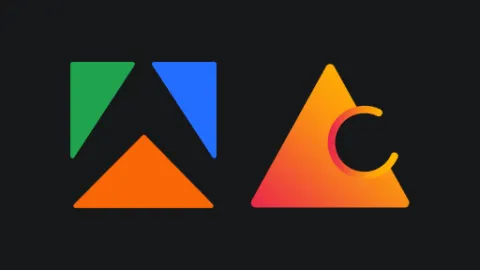**Update to Store Publishing Terms and Acceptable Use Policy**
Due to an influx of fraudulent reviews recently, Apify's Legal team has taken some actions to protect developers, customers, and Apify, by updating the Store Publishing Terms and Acceptable Use Policy.
Please pay special attention to the updated terms in section 4 of the Store Publishing Terms here: https://docs.apify.com/legal/store-publishing-terms-and-conditions
Additionally, please review the changes to section 2 of the Acceptable Use Policy here: https://docs.apify.com/legal/acceptable-use-policy
If you have any questions, please ask them in <#1206131794261315594> so everyone can see the discussion. Thanks!
ellativity · 2w ago
